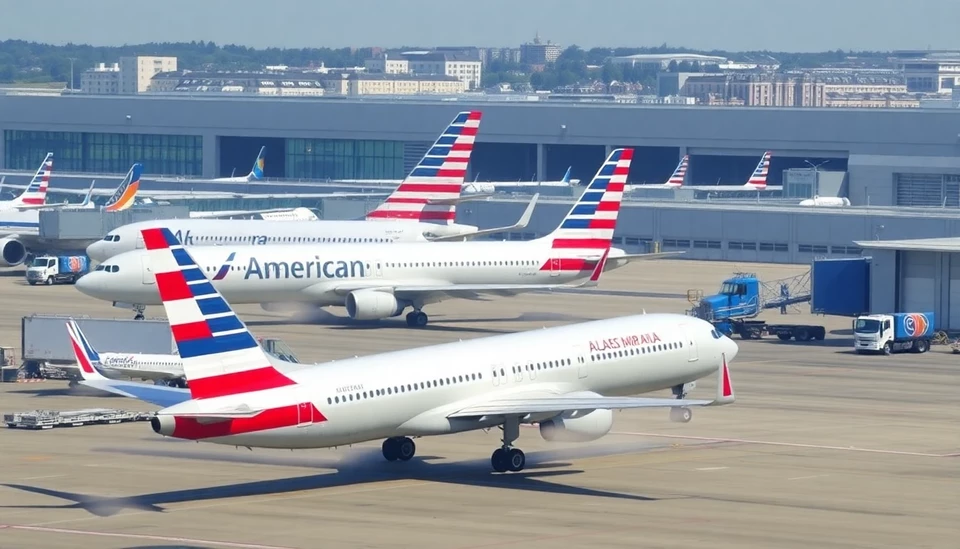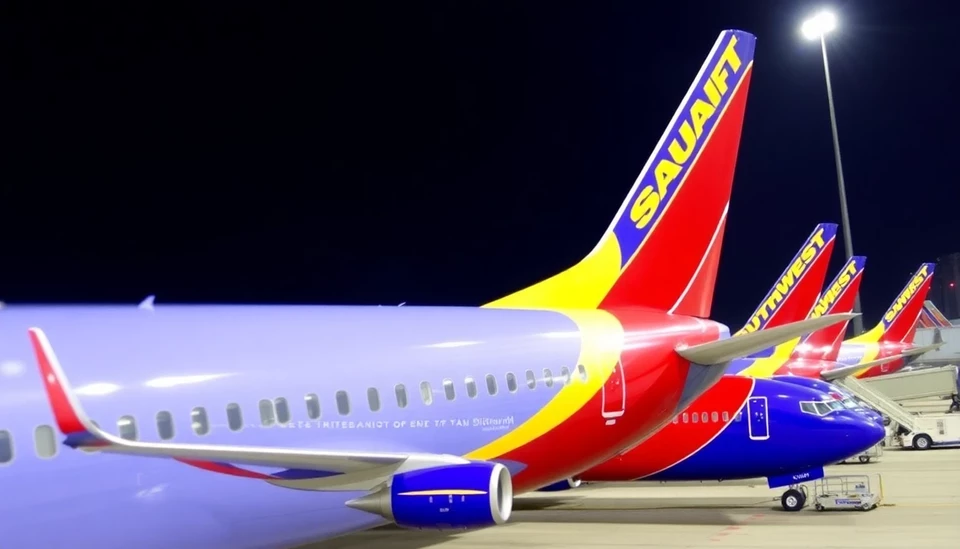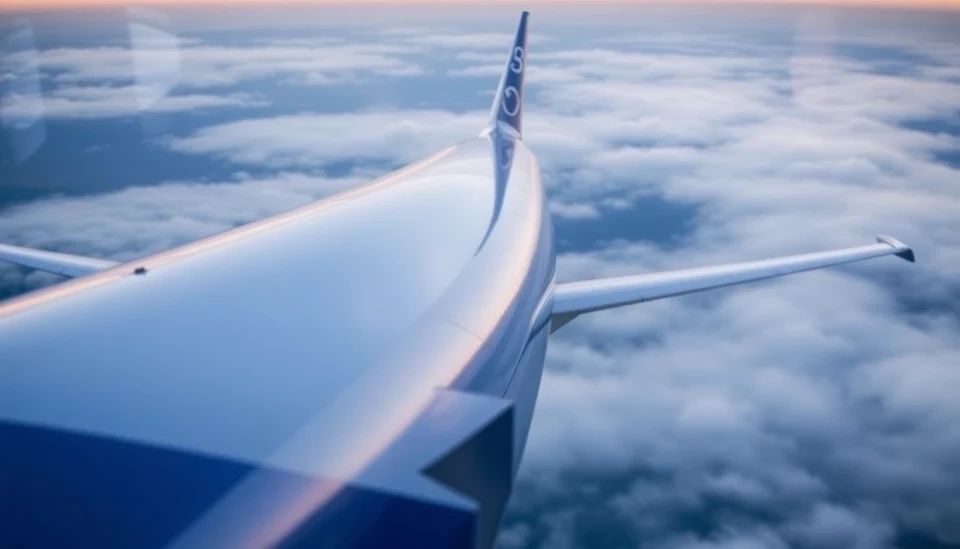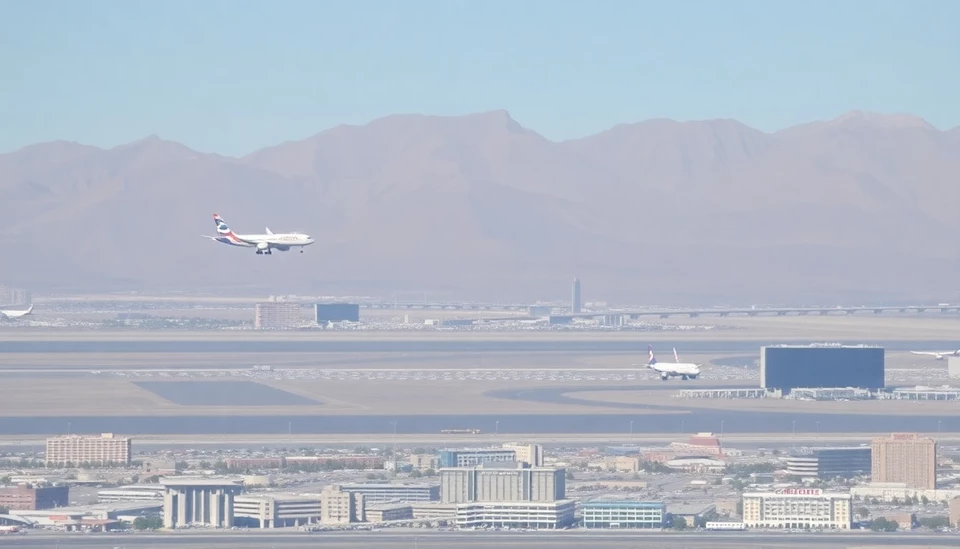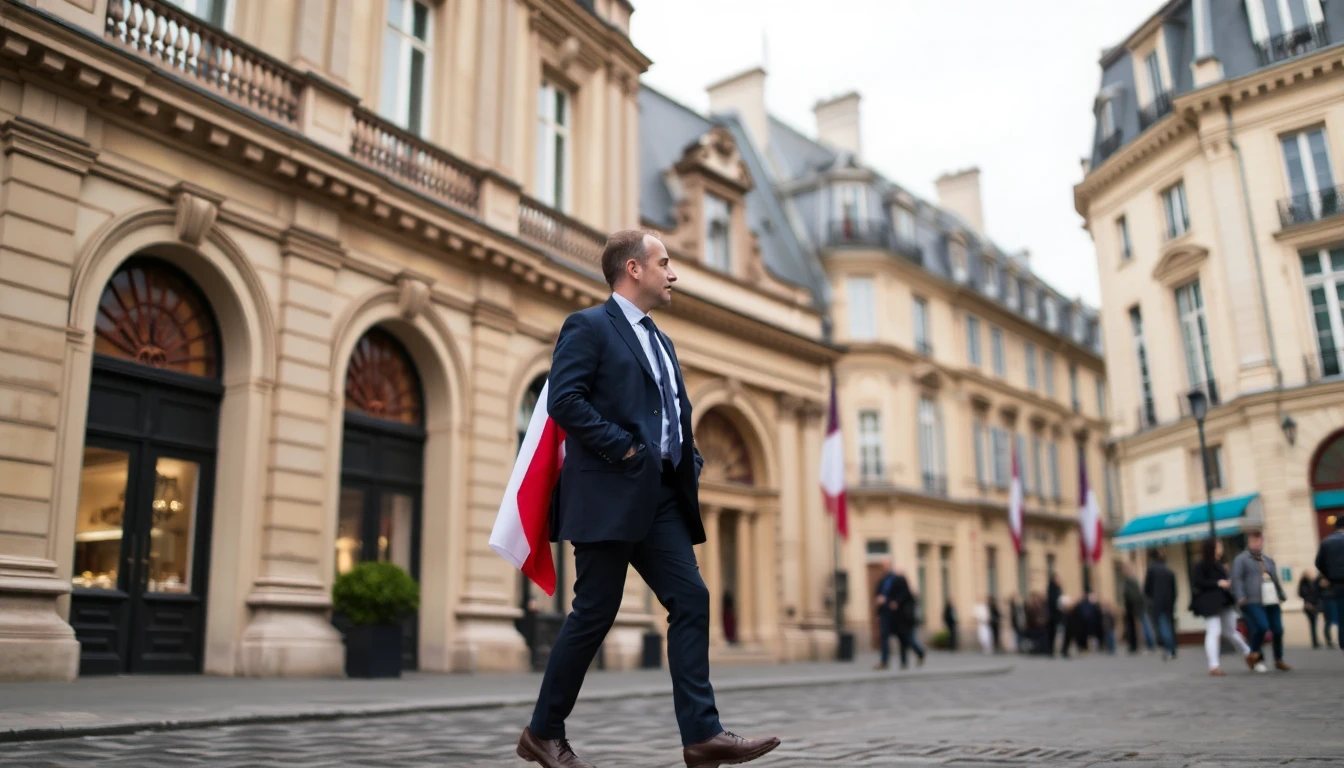
In one evolving chapter that has raised quite a storm of debate and concern in the aviation world, IATA just sounded a warning to the French government on its tax rises. This renovated fiscal strategy increased the wing of taxation slapped on airlines, which IATA termed as nothing short of "disastrous" to aviation.
The new tax increase is part of France's overall program to improve its budget and take steps to improve the climate change situation. The new increments, however, will add more financial weight to airlines that are already experiencing tough times due to the still ongoing effects of the COVID-19 pandemic, while also trying to adapt to evolving climate regulations.
IATA DG Willie Walsh did not mince words. "The proposed increase in tax will have severe negative impacts on the aviation sector and may jeopardize the sustainability and development of the sector. "It could also dampen recovery efforts and job security within the industry," Walsh contended. He said environmental concerns are understandable, but punitive taxes are not the panacea and may well be counter-productive.
This is a French government effort to balance the costs of environmental degradation blamed on aviation, which it believes is a major contributor to greenhouse gas emissions. But to industry insiders, their efforts are overly aggressive and myopic. Noble as the intention may be, the execution has the potential to dampen global connectivity and economic activity inadvertently, with higher operational costs being passed on to passengers and businesses.
The timing of the tax proposal is seen as suspicious, in view of the fragile global travel recovery. Airlines around the world are barely rebuilding their operations after the severe downturn brought about by the pandemic; a move which IATA said could put a stop to progress so far for European carriers, who may become less competitive than their non-European counterparts.
France's Transport Minister, Clément Beaune, said the plan was needed if the aviation sector is to play its part in ecological sustainability. "It is crucial that all industries step up in the fight against climate change, and aviation is no exception. The extra money will be reinvested in green projects and renewable energies," he said.
As the debate continues, stakeholders in aviation, and outside the sector are keeping their fingers crossed. The outcome of this policy might set an international precedent for how other governments would balance the need to revive the economy with environmental responsibilities.
Fundamentally, aviation is standing at that bend, and decisions made today create the topography for decades. Whether this tax hike of France serves as a catalyst for greener aviation or as a cautionary tale to be remembered for its complications remains to be seen.
As the narrative progresses, it shall become increasingly clear that what lies ahead of the aviation sector is the arduous task of arguing the balance that propels economic vitality with ecological stewardship.
Watch for further developments on this critical issue.
#Aviation #IATA #FrenchTaxes #ClimateChange #Airlines #EnvironmentalPolicy #EconomicImpact #GlobalTravel #Sustainability #GreenInitiatives
Author: John Harris
